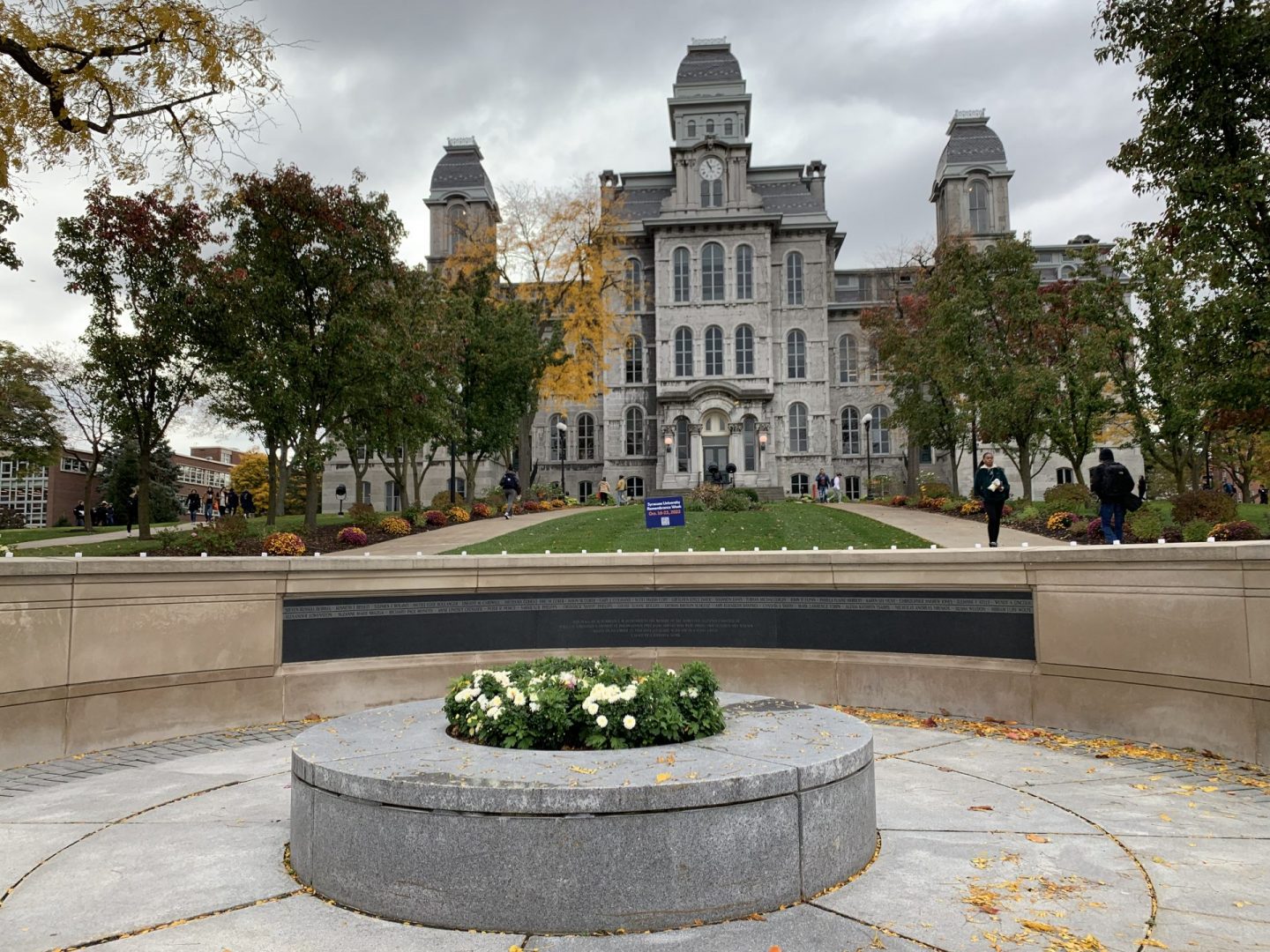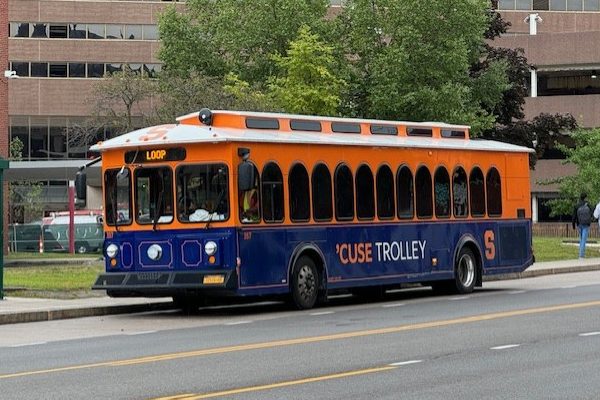
SYRACUSE, N.Y. (NCC News) – Kayla Kriegel, a Jewish Syracuse University student, was not surprised by the antisemitic language and imagery in the letters Eric and Jason Coker wrote to their families. Antisemitism dates back many years, including at the university. But what also didn’t surprise her was her disappointment in the school’s lack of a tangible response.
On Oct. 11, the night the news came out on the Daily Orange and Citrus TV, Syracuse University issued a statement that denounced the antisemitic language while arguing that they were “imperfect people” who made “mistakes.”
The Coker twins were two of the victims honored annually by the Remembrance Scholar program, a scholarship given to 35 students that honor each victim of the 1988 Pan-Am Flight 103 bombing in Lockerbie, Scotland. The university said the scholars would decide a future path on how the program would function moving forward after the discovery.
However, since this statement, the university has been lackluster in supporting the Syracuse Jewish community, instead leaving it up to the Remembrance Scholars.
Kriegel praised the response of the scholars, including touring around different student organizations, like her sorority, to spread awareness about the discovery and how to create change to prevent antisemitism. But on the school’s end, Kriegel believed a lot more could’ve been done.
“In a lot of situations they just send out an email addressing the situation rather than looking forward towards what they can do,” said Kriegel. “Which is interesting because the Remembrance program is very much geared towards ‘Look Back, Act Forward.’And the school just said blatantly what happened rather than coming up with any solutions.”
Since the initial statement, the university has not issued a public follow-up to give resources to Jewish students harmed by the discovery, or a space to voice their opinions directly to officials on what should be done in the future.
This criticism has been echoed before. In their occupation of Crouse-Hinds in February 2020, Not Again SU, a student-led protest group, cited multiple instances of the school failing or dragging its feet towards addressing bias incidents, including those involving antisemitism.
In a public letter to the university community, the group claimed there were over 25 bias cases in which the school failed to act properly. The letter criticized the school’s handling of those situations as “insensitive, lackadaisical and an embarrassment.”
Memories of those protests, combined with the Coker Twins incident, have led to a growing feeling amongst some Jewish students that Syracuse favors performative actions over taking concrete steps forward. Dani Saril, a sophomore Jewish Syracuse student, believed this was becoming a systemic problem across many universities.
“I think that a lot of universities like to maintain a sort of image and reputation,” said Saril. “And obviously hate and bigotry is not a part of it. So, they do their best to brush it under the rug and make it seem as if it didn’t happen, which is not the way to go about things that are problematic.”
Saril did acknowledge that, in this particular case, the school was faced with a difficult balancing act of honoring all the victims while not giving hateful actions a platform. But ultimately, she thought the current format of the Remembrance program must be changed for there to be healing.
“I don’t know, I think they definitely need to take a step back and re-evaluate how the program is run, and how individualized it can become,” said Saril.
The university began the process to remove the Coker Twins’ archives on Oct. 20 at their family’s request, according to a spokesperson.




